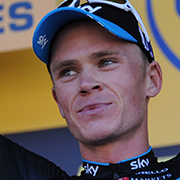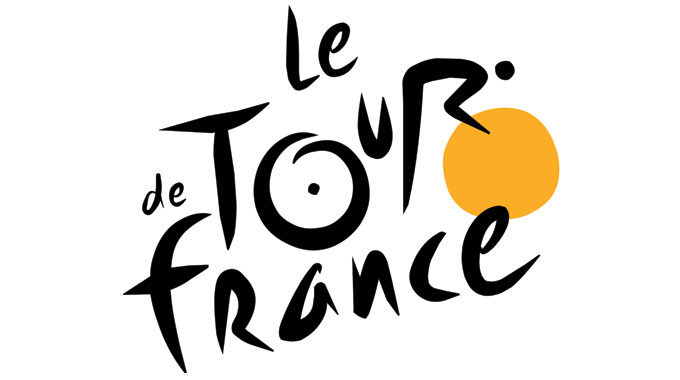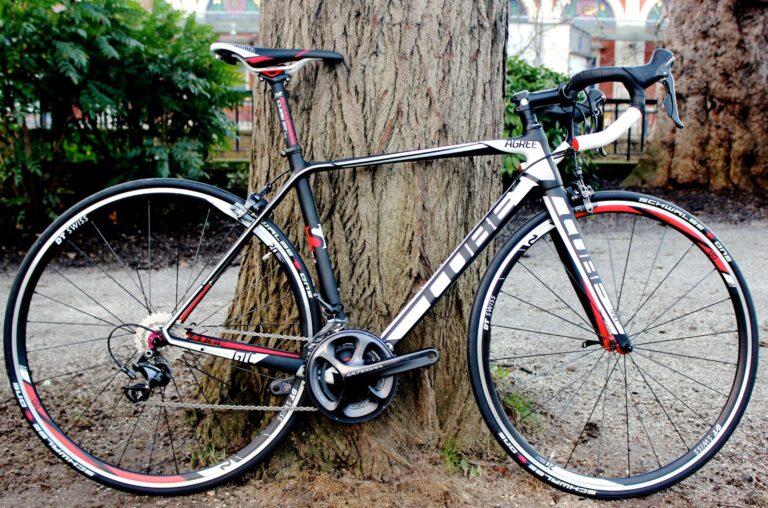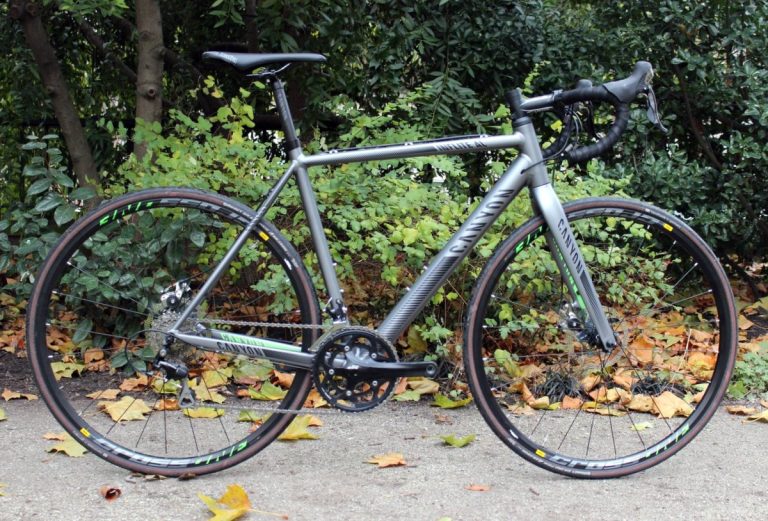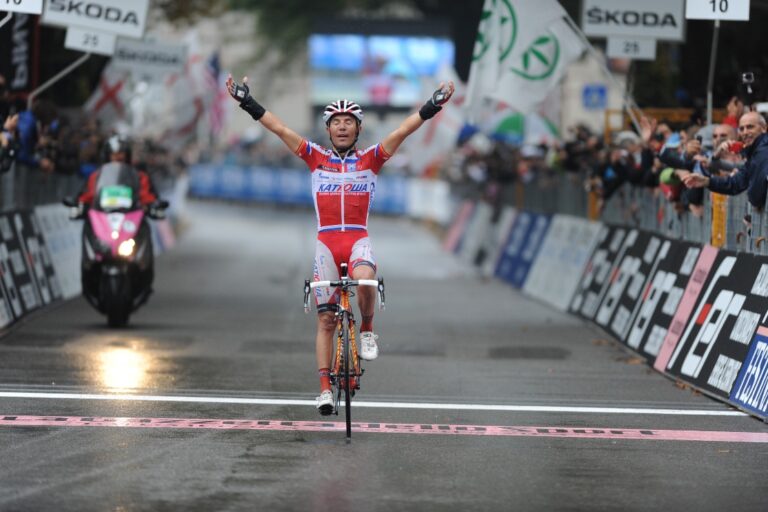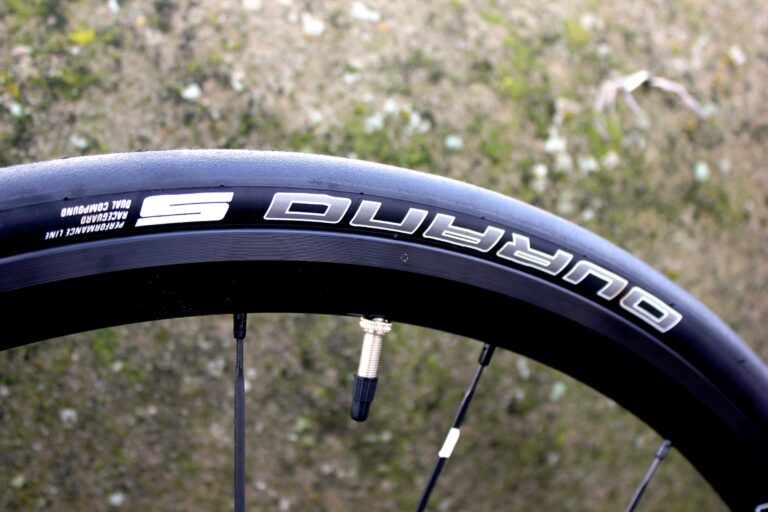When did a having a British winner of the Tour de France stop being something to celebrate?
The cycling community’s collective shrug surrounding Chris Froome’s nomination for the BBC Sports Personality of the Year reeks of complacency.
His stunning achievement in July, winning three stages in emphatic style of the most exciting Tour for years en route to overall victory in the hundredth edition of the greatest bike race in the world, was only the cusp of an astonishing year of success that equals the accomplishment of last year’s SPOTY, Sir Bradley Wiggins.
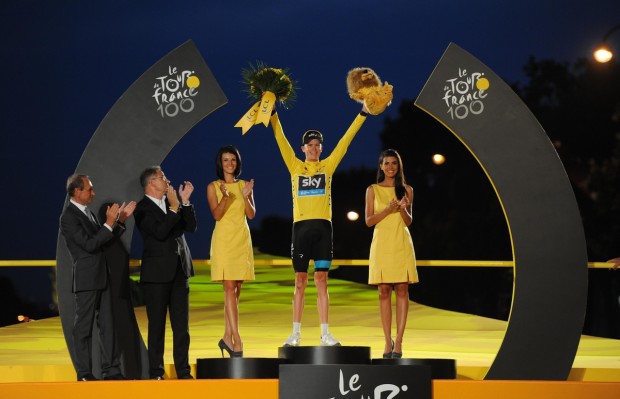
Overall victory in the Tour of Oman, the Criterium du Dauphine, the Tour of Romandie, and Criterium International, matches Wiggins success; exactly, in the case of the Dauphine and Romandie.
And yet the response that greeted the announcement of the SPOTY shortlist, and Froome’s inclusion on it, amounted in some quarters to “isn’t it about time someone else had a turn?” even from cyclists. Not here, we’re pleased to say.
Froome’s achievement, on a British team, backed by three British riders in the shape of Geraint Thomas, Ian Stannard, and Peter Kennaugh, cannot be celebrated enough
Froome’s achievement, on a British team, backed by three British riders in the shape of Geraint Thomas, Ian Stannard, and Peter Kennaugh, the last of whom was arguably the revelation of the Tour, cannot be celebrated enough, and certainly deserves the praise that rightly greeted Wiggins victory.
There is no guarantee that Froome will win the Tour next year, or indeed again. British fans need look no further than Wiggins for evidence that seasons in which everything goes right are hard to repeat. The Londoner is not alone in this regard: see also Philippe Gilbert, or Tom Boonen, whose 2013 campaigns yielded little.
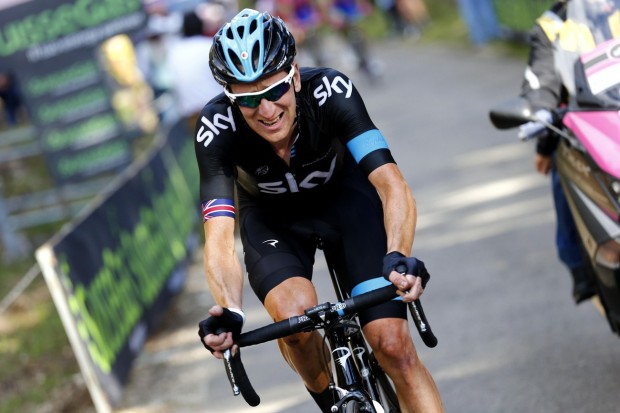
There is also the small matter of Froome’s physical achievement, superior to those of his rivals for SPOTY by any measure: longer, harder, more spectacular. Victory in a 400 metre foot race (Christina Ohuruogu), or at a golf tournament (Justin Rose), cannot compare. British and Irish Lions star, Leigh Halfpenny, will have faced greater physical contact, but his competitive engagements last 40 minutes before rest, not six hours. Perhaps only wheelchair racer, Hannah Cockroft, among the nominees, has to dig as deep as Froome.
Froome’s performance on the Mont Ventoux is likely to go down in the annals of cycling history and to hold an appeal among sports fans of all nationalities
The historical significance of the accomplishments of jockey AP McCoy, who this year rode his 4000th winner, should not be underestimated, but the magnitude of Froome’s achievement – only the second British winner in 100 editions of the greatest bike race in the world – is its equal.
Andy Murray is the bookies favourite having become the first British winner of the Wimbledon men’s singles title for 77 years, but this accomplishment is unlikely to be of lasting interest to fans beyond these shores. Froome’s performance on the Mont Ventoux is likely to go down in the annals of cycling history and to hold an appeal among sports fans of all nationalities. Yes, the BBC SPOTY is a recognition of British sporting endeavour (there is a separate category for overseas sports personalities) but previous winners, and certainly the cyclists, have been the best in the world. A victory for Froome would continue this tradition.
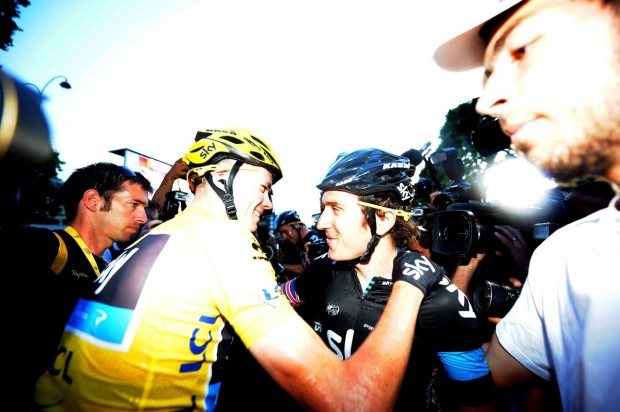
Froome’s British-ness has been a divisive issue, with critics pointing to his birth in Kenya. In this regard, he has to deal with a level of cynicism not faced (rightly) by Somali-born Mo Farah, nominated for his double world championship success in the 5,000m and 10,000m – Froome’s only serious rival in terms of the physical demands made by his sport, the international magnitude of his achievements, and the enormous cultural challenges overcome en route to success.
There is the small matter of Froome’s physical achievement, superior to those of his rivals for SPOTY by any measure: longer, harder, more spectacular
Among the other nominees, Ben Ainslie’s successes, comprehensive though they are, have been achieved in a minority sport, while the physical demands placed on a cricketer of any standard – and England’s Ian Bell is clearly among the best – cannot compare to those required of a cyclist bidding to win a bike race of nearly 3,500km. Froome’s victory in France didn’t include the luxury of stopping for tea.
So get on to Twitter (#votefroome), pester your riding buddies, and on Sunday, pick up the phone, or log on to the BBC website. Sure, as fans of British cycle sport, we’ve never had it so good, but we may never have it this good again. Three SPOTYs in a row for cycling? We’ll take that. Vote Froome!

